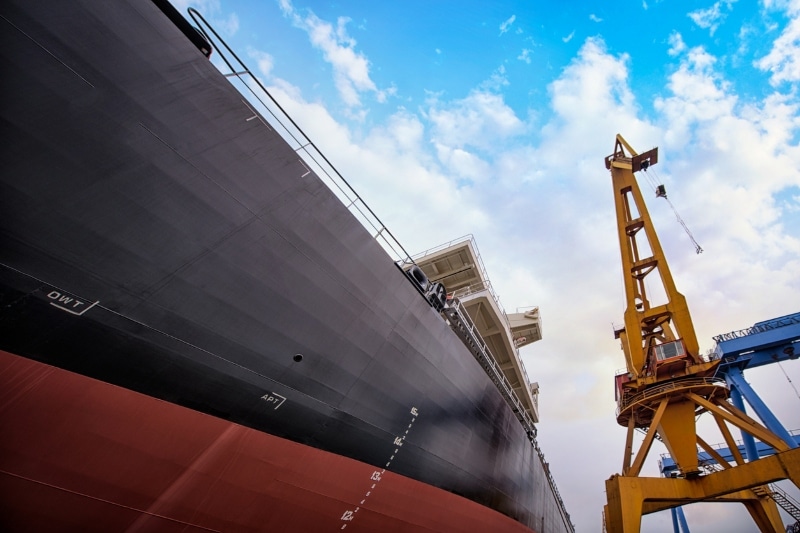Amidst record-breaking temperatures in Asia, Singapore is putting increased efforts to decarbonize shipping, being the largest refueling hub for ships in the world. With ships globally emitting a total of around 1 billion tons of carbon dioxide a year, or about 3% of overall emissions, governments worldwide have begun putting increased focus on decarbonizing shipping. Pressure has been mounting for countries to agree by July on a 2050 goal of zero emissions and ambitious 2030 and 2040 targets that align with the 1.5 C Paris Agreement goal, with regions such as the EU adopting new climate initiatives to drive zero-emission shipping.
The shift towards zero emissions poses significant business risks for Singapore, but also present potential new opportunities, which Singapore has already begun exploring. Its own decarbonization blueprint, which lays out comprehensive strategies for the maritime sector to reach zero emissions by 2050 is aimed at maintaining its status as the strategic transshipment and refueling hub for global shipping and trade, attracting investment and stimulating growth in digitalization, new maritime fuels and technology development.
To achieve this, the Port Authority of Singapore is working with partners to establish a supply chain for zero-carbon fuels, especially green ammonia, hydrogen and methanol. Some examples include a mandate for all harbor craft that just operate locally to be fully electric or net-zero capable, building more ship charging points for larger cargo ships with chargeable batteries, a cooperation with the Dutch port of Rotterdam to launch a “green and digital shipping corridor” by 2027 to facilitate transit of ships powered by sustainable fuels, as well as a recent agreement with the California ports of Los Angeles and Long Beach for similar corridors. In July 2023, International Maritime Organization member states will gather to discuss revising their climate strategies, with the goal for member states to adopt a goal of zero emissions by 2050 and set ambitious interim targets for 2030 and 2040, while supporting a market mechanism that can generate revenue to support a fair transition.
(Source: EDB)

